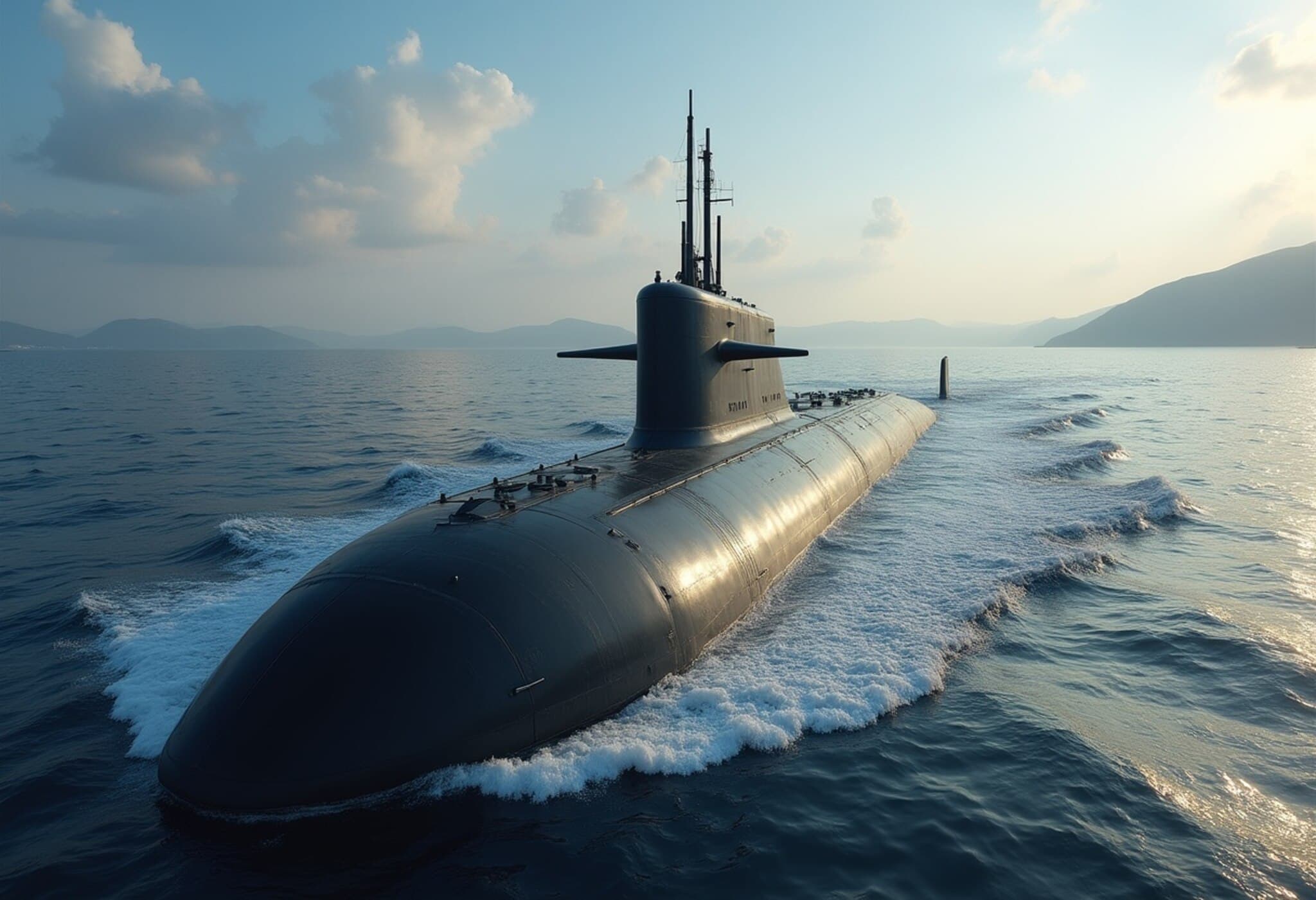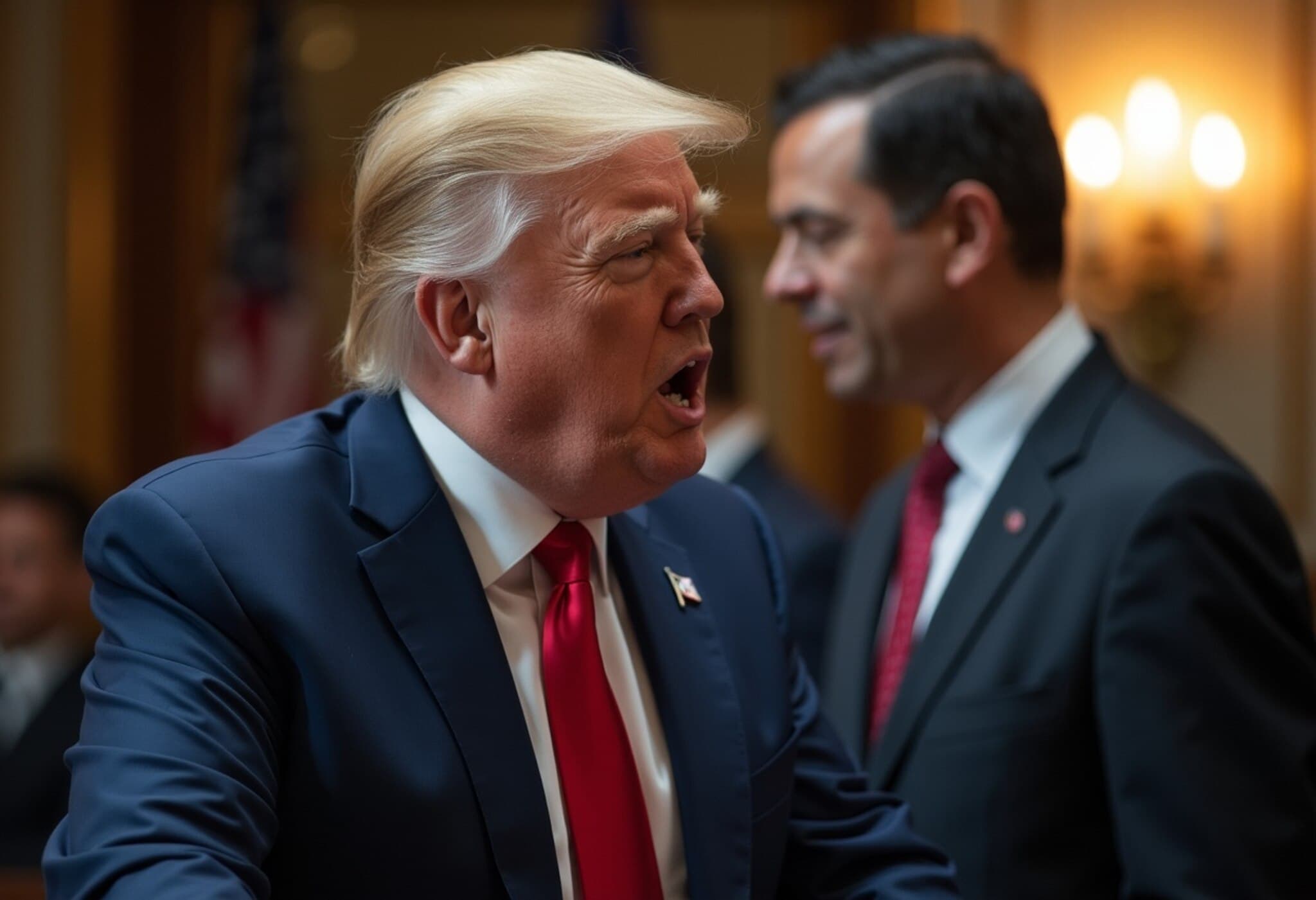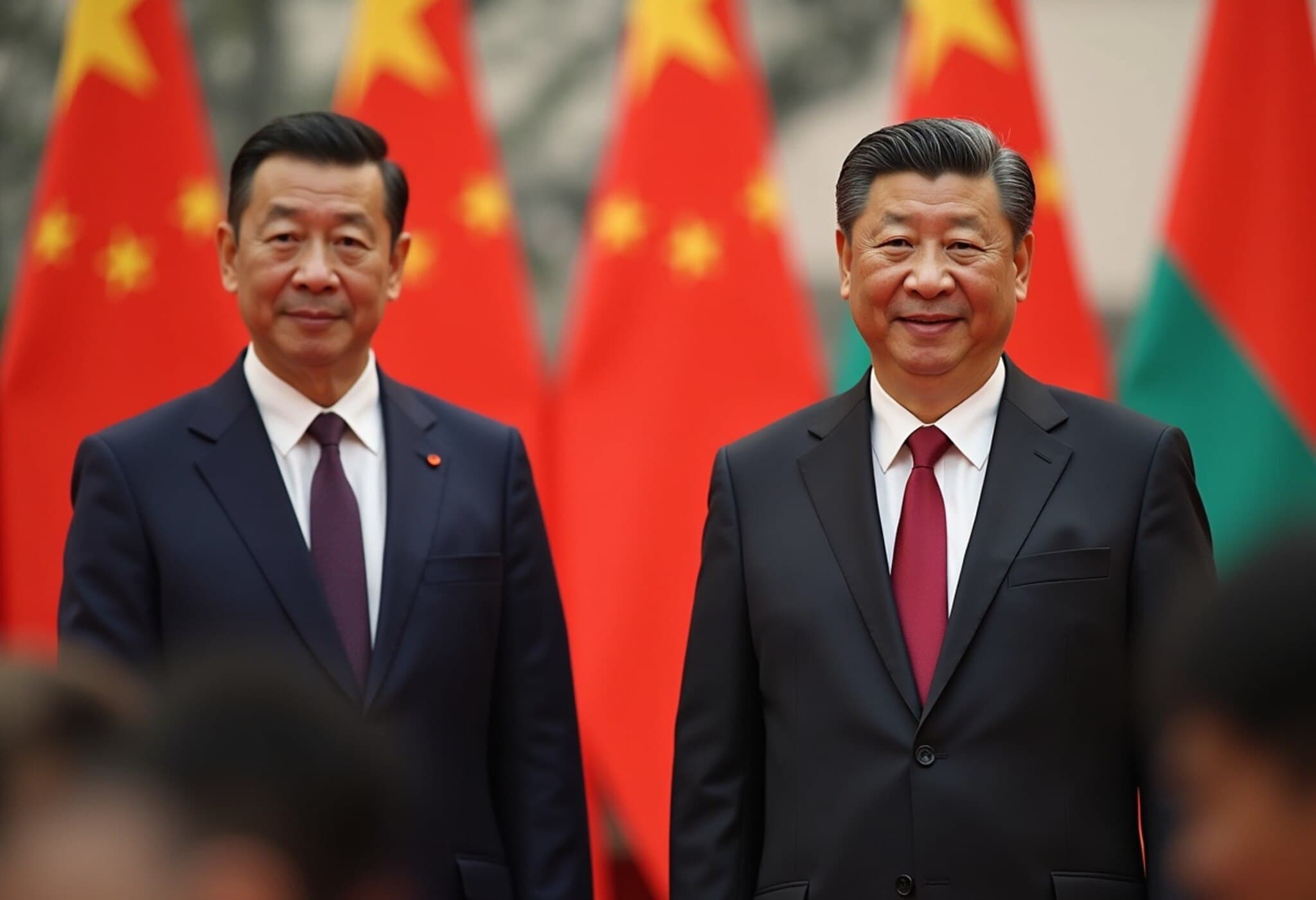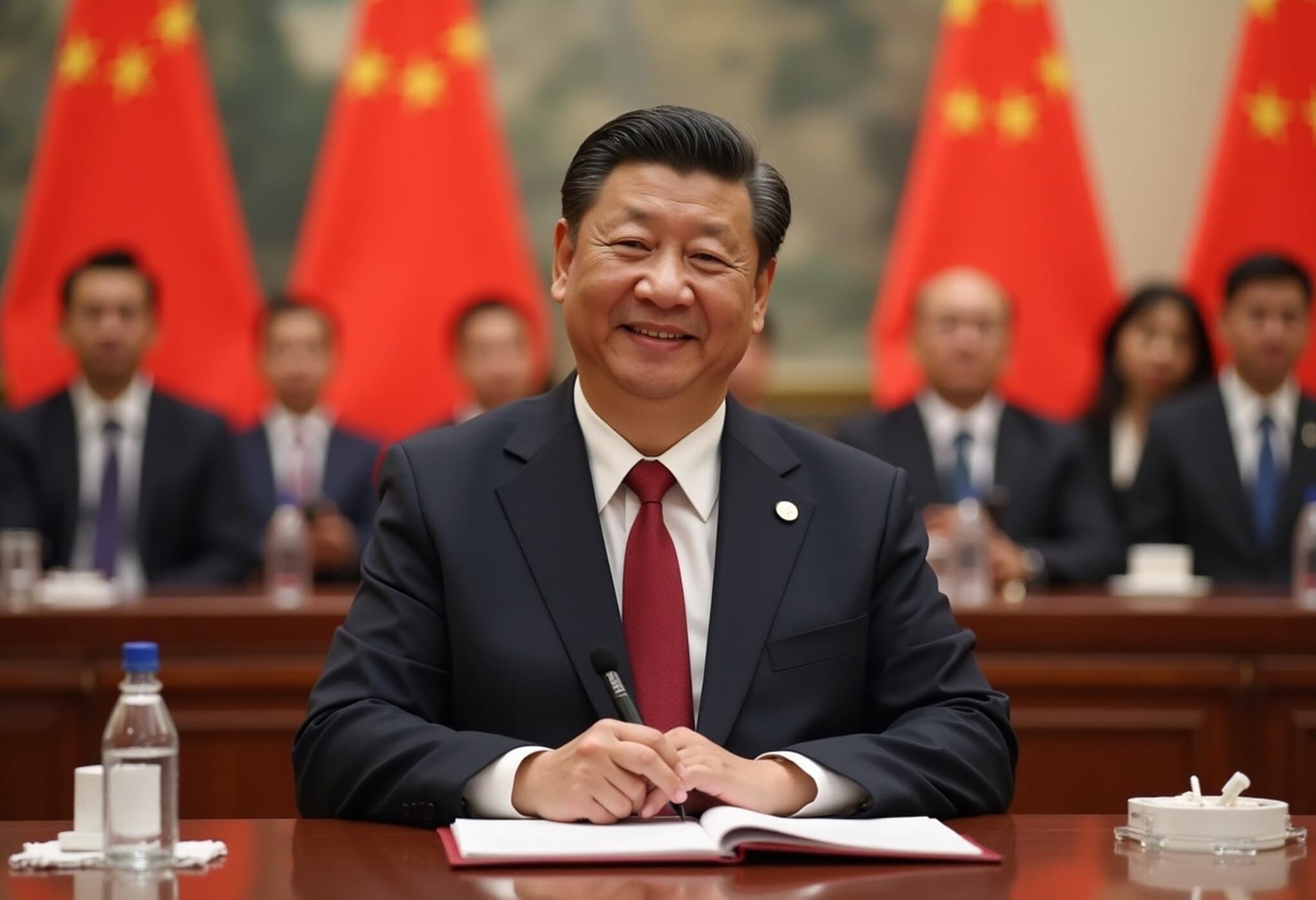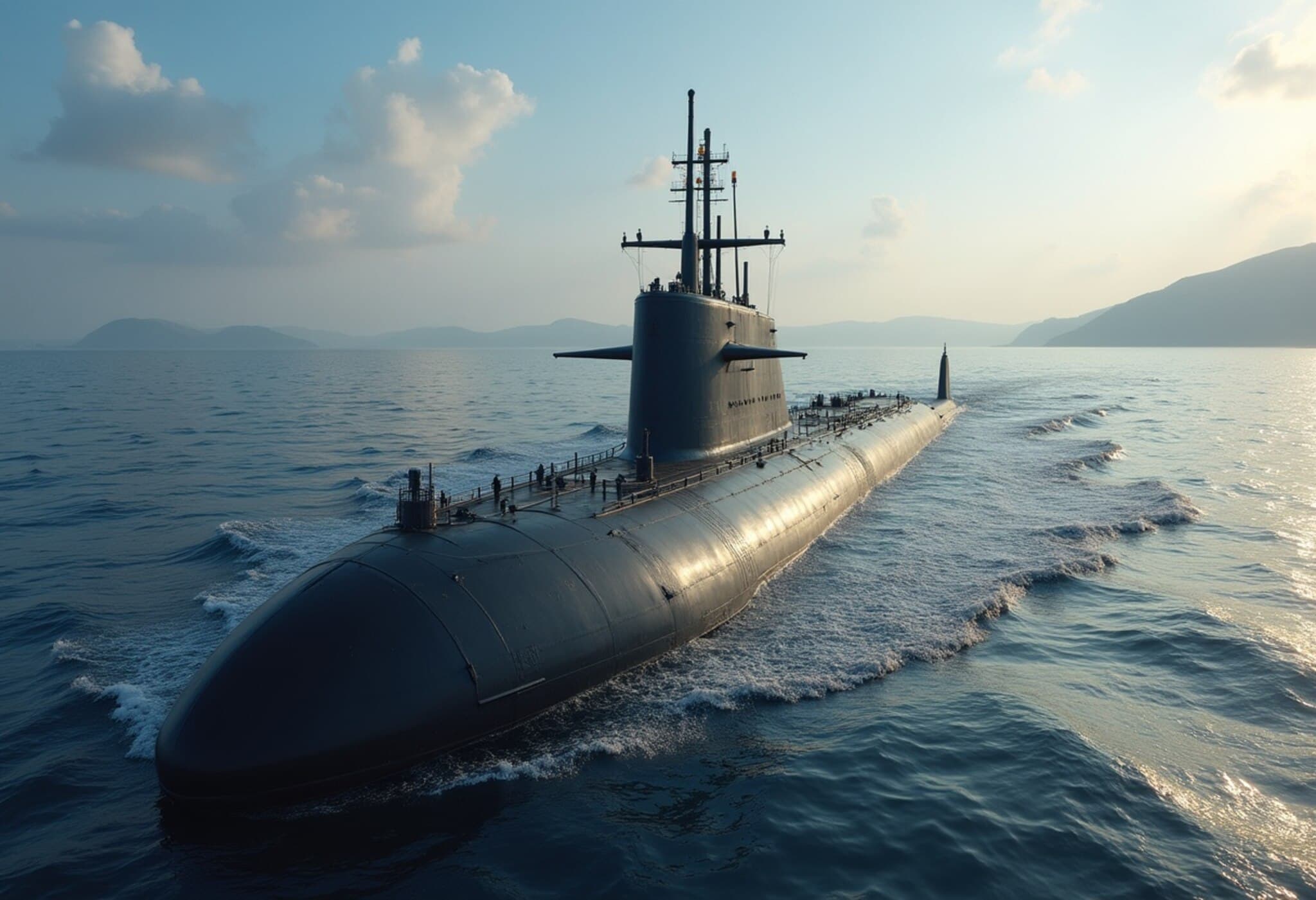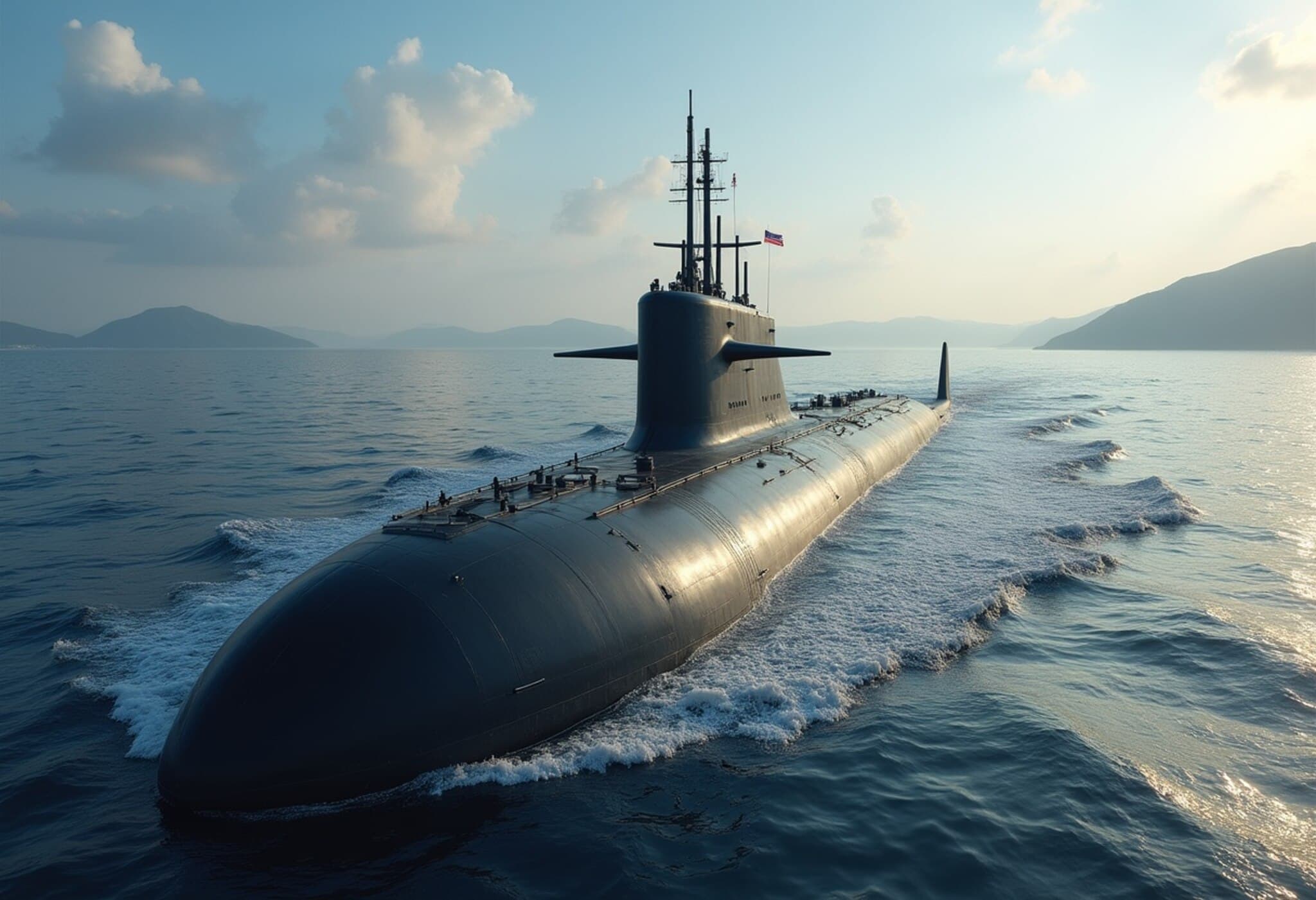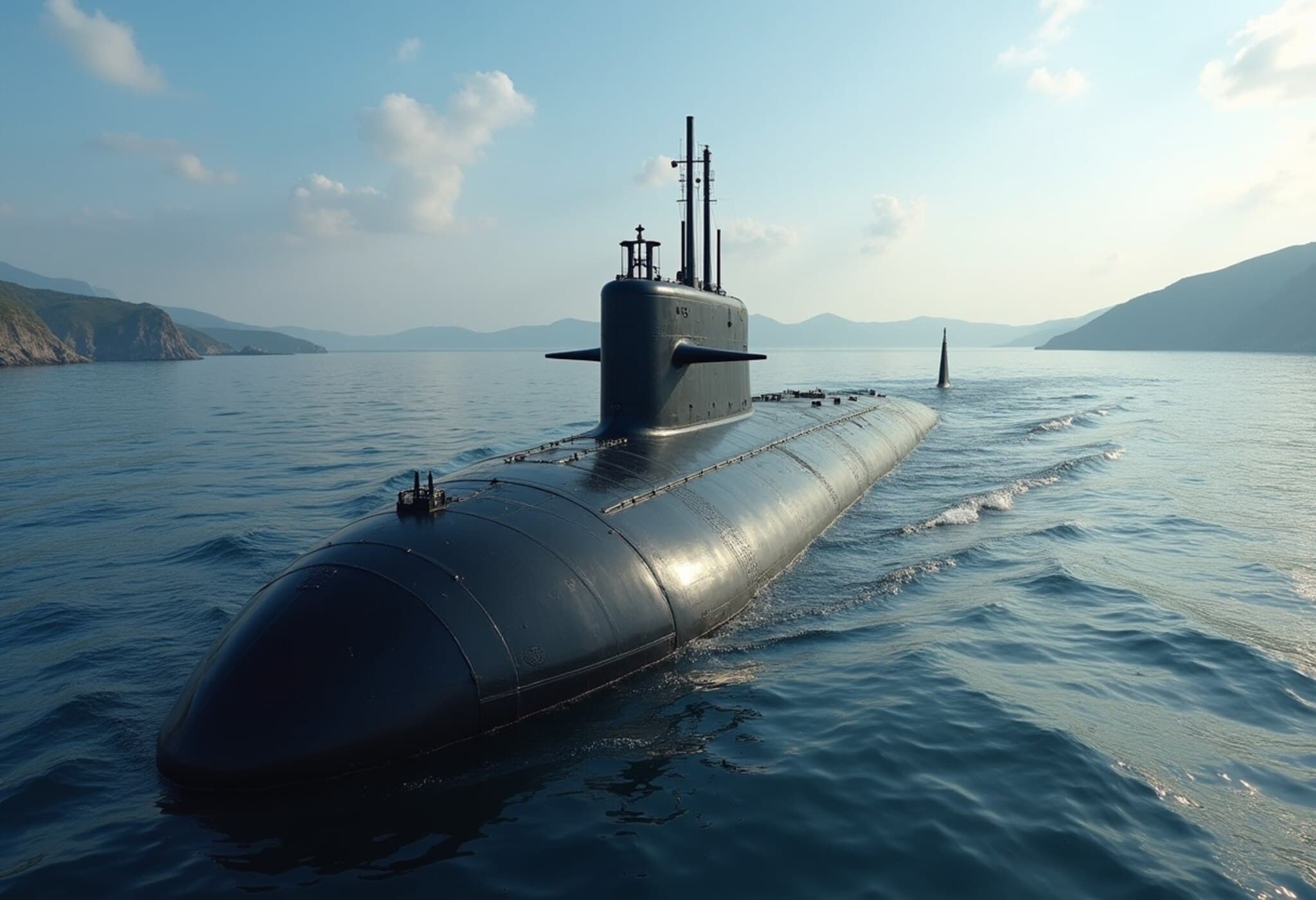Trump Administration Reviews Biden’s Australia-UK Submarine Deal
The Trump administration has officially launched a review of the AUKUS defense agreement, a pact brokered during the Biden presidency that enables Australia to acquire conventionally armed nuclear-powered submarines in collaboration with the United Kingdom.
What is AUKUS and Why Does it Matter?
Established in 2021, AUKUS is a trilateral security alliance between the United States, United Kingdom, and Australia. It aims to counterbalance China’s expanding military influence in the Indo-Pacific region by sharing advanced defense technology, including nuclear-powered attack submarines and hypersonic missiles. Australia is set to join a select group of six nations operating nuclear submarines by 2032—receiving Virginia-class submarines from the U.S.—while the UK and U.S. will begin rotating deployments of their submarines from an Australian naval base in Western Australia starting in 2027.
The Strategic Stakes for Australia and the UK
- For Australia, the submarines are a cornerstone of national defense strategy amid escalating concerns over China’s assertiveness.
- The UK counts AUKUS as pivotal to expanding its submarine fleet and securing its naval prominence.
Reasons Behind the Review: America First Priorities
An official involved in the review explained that the aim is to ensure the previous administration's initiative aligns with the current “America First” agenda. This suggests a re-examination of U.S. commitments in the pact, with any potential changes to be formally communicated when appropriate.
Concerns Over Resource Allocation
Senior Trump-era policy figures, including former Pentagon policy advisor Elbridge Colby, have expressed reservations about handing over critical U.S. military submarine assets. Colby highlighted the scarcity of nuclear submarines and warned of the limitations in American industry’s capacity to produce enough vessels for U.S. needs, particularly given their vital role in potential conflict zones such as the First Island Chain — a strategic maritime corridor encompassing Japan, Taiwan, the Philippines, and Borneo.
“My concern is why are we giving away this crown jewel asset when we most need it,” Colby remarked, stressing the importance of retaining such capabilities for U.S. defense.
Implications for Regional Security and Alliances
The review presents a potential challenge to Australia, which sees the submarine acquisition as essential for maintaining security in an increasingly volatile region. Similarly, it may complicate the UK’s defense plans, as AUKUS is a key component in its future submarine fleet expansions.
While Australia has not publicly detailed whether the submarines would be deployed in a U.S.-China conflict scenario, historical military collaborations, including Australian troop deployments alongside U.S. forces during the Vietnam War, suggest a likely alignment.
Former Pentagon advisor Colby underscored this expectation: “I think we can make a decent bet that Australia would be there with us in the event of a conflict.”
Ongoing Discussions With Allies
Speaking recently in Congress, Defense Secretary Pete Hegseth emphasized ongoing candid discussions with allied nations about the capabilities and integration aspects of the submarines. Regarding Australia, he stated, “We want to make sure those capabilities are part of how they use them with their submarines but also how they integrate with us as allies.”
Looking Ahead
Beyond the immediate review, the AUKUS partnership envisions jointly designing and building a new class of nuclear-powered submarines, with deliveries to the UK expected in the late 2030s and to Australia in the early 2040s. This ambitious timeline reflects a long-term commitment to bolstering allied naval strength in the Indo-Pacific amid ongoing global strategic shifts.
The Australian and British governments, along with the U.S. National Security Council, have yet to issue official statements responding to the review announcement.

